views
🍋 Citrus Fruits (Oranges, Lemons, Limes, Grapefruits)

Mosquitoes dislike the fresh, zesty scent of citrus. Eating these fruits can slightly alter your natural scent, making you less appealing to them. Even better, you can rub leftover peels on your skin for an extra boost of mosquito-repelling oils!
🍍 Pineapple
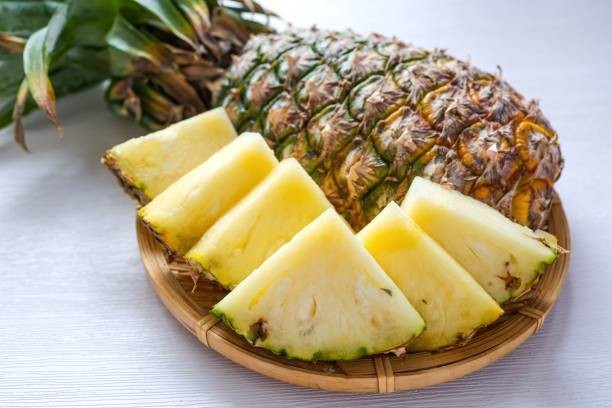
Sweet and tropical, pineapple is rich in bromelain which helps reduce inflammation from bites. Its fruity aroma can also help mask scents that attract mosquitoes. A double win: fewer bites and less itching!
🍉 Watermelon
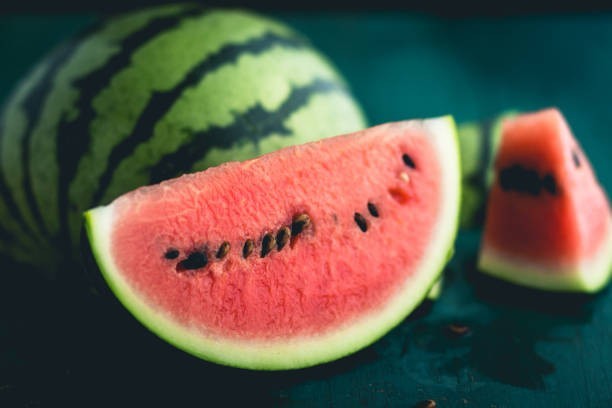
While watermelon’s main power is hydration (keeping your skin less prone to bites), its mild scent can subtly dilute the lactic acid mosquitoes love. Stay refreshed and protect yourself naturally.
🥭 Mango
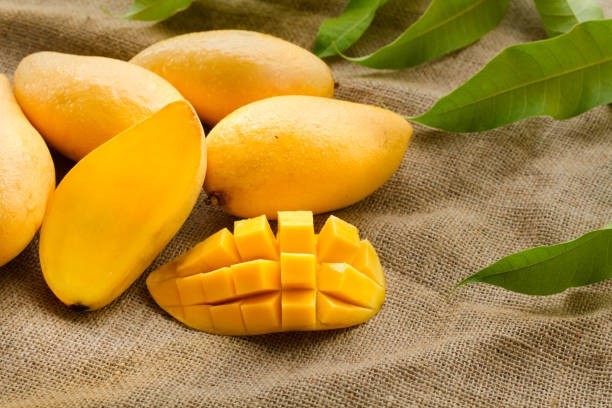
Mangoes are packed with vitamins and have a unique aroma that many insects find overwhelming. Plus, tropical fruit enzymes may reduce the amount of carbon dioxide you exhale — a major mosquito magnet.
🥥 Coconut
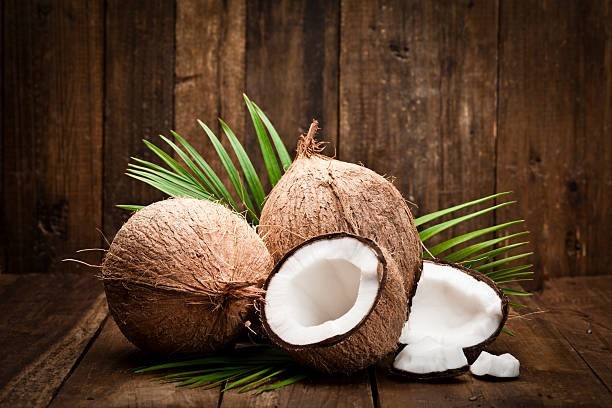
Eating coconut (or using coconut oil) can help repel mosquitoes thanks to certain fatty acids. Some studies suggest coconut-derived compounds can deter mosquitoes longer than some chemical repellents.
🍏 Green Apples
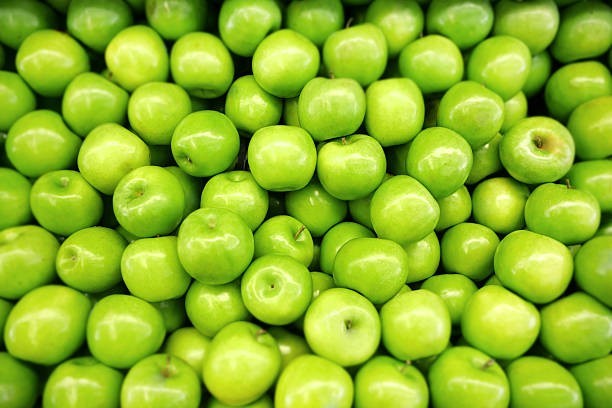
Green apples contain polyphenols and a crisp scent that’s not too appealing to mosquitoes. Crunching on them can also freshen breath — a surprising bonus that may lower attraction to pests.
🍌 Bananas (with a twist)
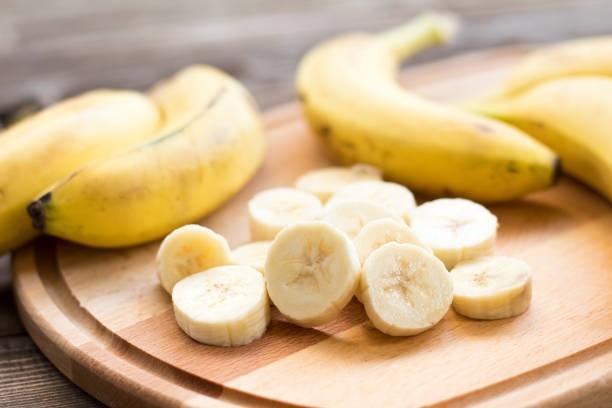
This one is controversial! Some say eating bananas attracts mosquitoes due to increased lactic acid, while others find that banana peels rubbed gently on the skin can soothe bites and lightly repel bugs. Try it and see what works for you!
🌿 Final Thoughts:
No fruit alone will replace a good mosquito repellent — but adding these tasty options to your diet, plus using peels or oils, can be a fun and natural way to reduce those annoying bites. So next picnic, pack a fruit salad not just for flavor, but for a bite-free evening!




















Comments
0 comment